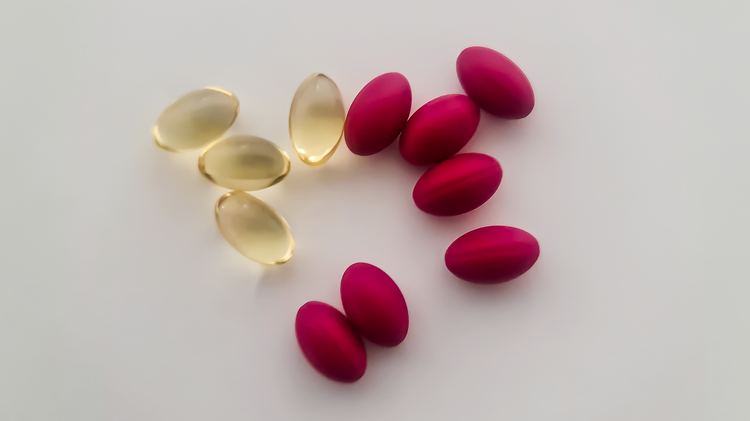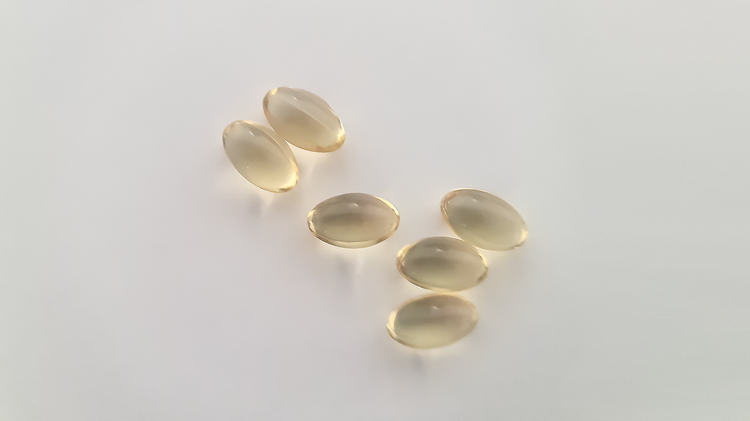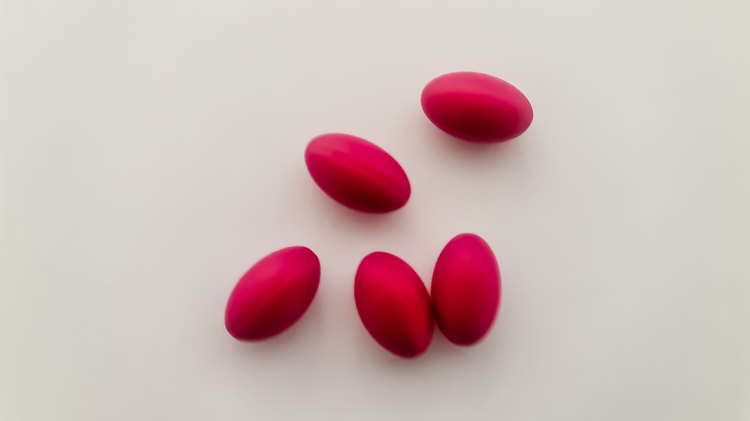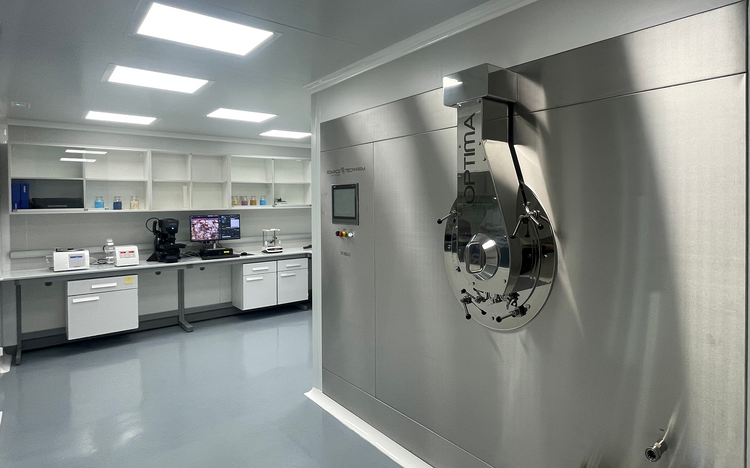Soft capsules are oral solid forms where the active principal ingredient (inner fill) is usually placed inside a solid capsule (outer shell). Soft gelatin capsules (SGC) are often coated with a film layer for different reasons, such as protection against degradation, functionality, masking bad taste, and patient compliance.


Special roughness of the SGC surface
Low solubility of the capsule shell in organic solvents as carriers do not adhere properly to the shell
Defects on the film coating, such as peeling or cracking of the film layer
Swelling or sticking together of the capsules during the process due to plasticity effect of water when using aqueous or hydroalcoholic suspensions
Proposing initial process parameters for the film coating of SGCs with a 100% aqueous suspension:
The key point of the coating process is to stabilize the equilibrium between the amount of energy provided by the inlet air flow and inlet temperature versus the amount of coating suspension provided.
The coating of 50 kg of SGCs was carried out in a TP R100 Optima coating machine.
The coating formulation is shown in Table 1. The SGCs were mainly composed of sunflower oil and gelatin.
Process parameters were adjusted in such way that whole spraying time was 90 minutes to achieve a 3% weight gain. Process parameters used during this trial are listed in Table 2.
| Coating suspension components | |
| Purified water | 83.0 % |
| Vivacoat® A | 17.0 % |
| Red iron oxide | 0.05 % |
| Phase | Heating | Spraying | Drying |
| Drum speed (rpm) | 3 | 8 | 3 |
| Inlet air Flow (m3/h) | 1600 | 1600 | 1000 |
| Underpresure (Pa) | 250 | 250 | 250 |
| Inlet air T (°C) | 48 | 48 | 32 |
| Product temperature (°C) | 37 | 37 | 33 |
| Outlet air T (°C) | 42 | 40 | 33 |
| Spray rate (g/min) | ----- | 100 | ----- |
| Atomization pressure (bar) | ----- | 2.0 | ----- |
| Spray pattern pressure (bar) | ----- | 2.0 | ----- |
| Nozzle (mm) | 1.2 (2 guns) | 1.2 (2 guns) | 1.2 (2 guns) |
| Gun distance from tablets (mm) | 160 | 160 | 160 |
| Batch size (kg) | 50 | 50 | 50 |
| Coater drum filling (%) Bulk density 0.6 Kg/L | 55% | 55% | 55% |
| Sprayed solution (kg) | ----- | 8.8 | ----- |
| Process time (min) | 20 | 90 | 15 |
| Appearance quality | Acceptable | Acceptable | Acceptable |

The film coating of a 50 kg batch (around 55% capacity of a TPR 100 Optima) of soft gelatin capsules has been carried out. The challenge of performing an aqueous coating process while maintaining the process temperature below the melting point of the gelatin capsules has been successfully achieved. The Optima TPR 100 Optima managed to keep all process parameters stable throughout the whole process, which was the main factor for the success of the trial.
The film coating of a 50 kg batch (around 55% capacity of a TP R100 Optima) of soft gelatin capsules

We help you with your specific product, tablet press or challenge!
Our Laboratory CoTech can help you to find the right customized Tecpharm Solution. Moreover, our CoTech supports you e.g. with development of processes and compositions as well as with improvement of existing processes.